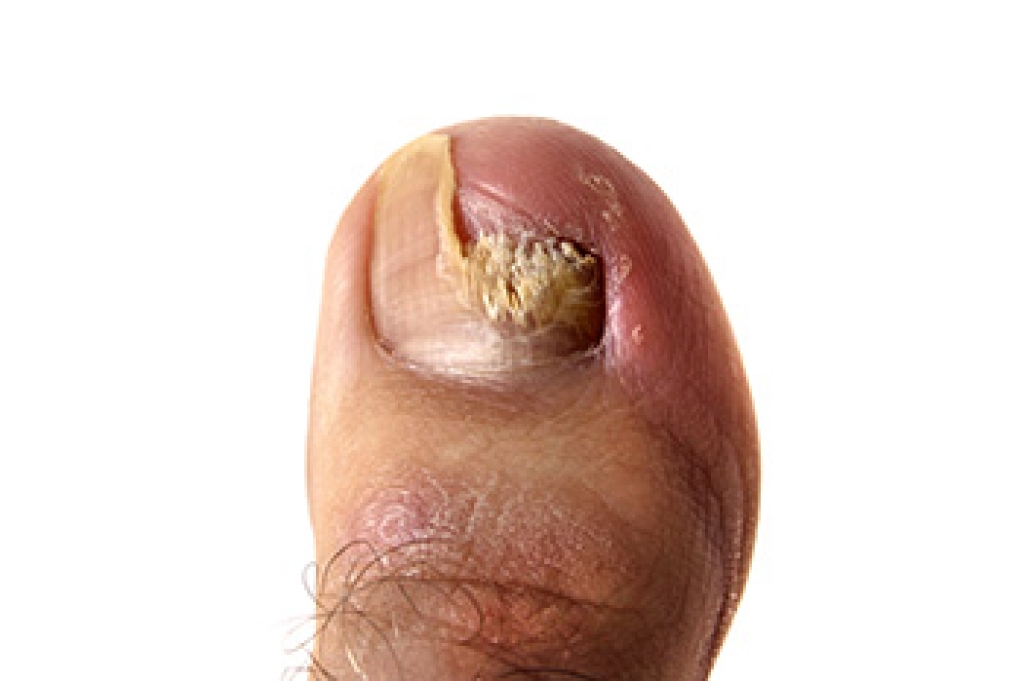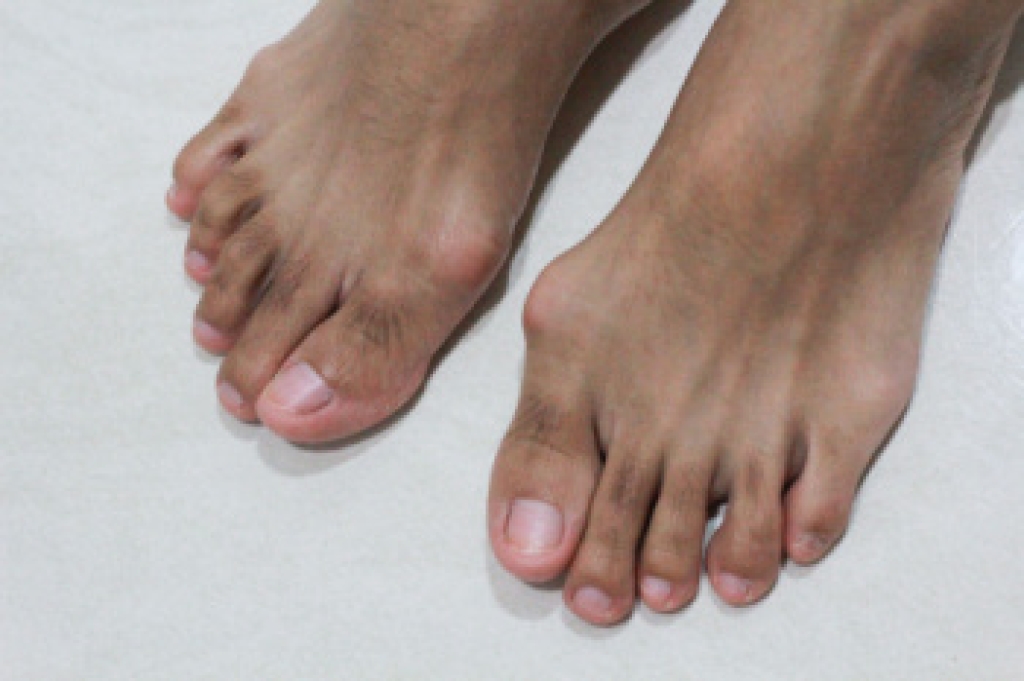
Proper shoe fitting is essential for keeping your feet comfortable and preventing unnecessary pain. The right shoes help you avoid foot strain and discomfort while supporting better balance and posture in daily activities. When shoes fit well, they also improve performance during physical activity by allowing the feet to move naturally and efficiently. Good footwear contributes to overall health and awareness by encouraging proper alignment and reducing stress on joints throughout the body. A podiatrist can assess your foot structure, recommend the best shoe type for your needs, and address any existing issues caused by wearing poorly fitting footwear. If you have foot pain from wearing shoes that do not fit correctly, it is suggested that you consult a podiatrist who can offer effective relief tips, and guide you on the correct shoes to wear.
Finding a properly-fitting shoe is important in reducing injuries and preventing foot problems. For more information about treatment, contact one of our podiatrists from Spartan Podiatry. Our doctors will treat your foot and ankle needs.
Proper Shoe Fitting
A common concern when it comes to foot health, having properly fitted shoes can help prevent injuries to the foot. Out feet affect our posture and gait, which in turn affects the biomechanics and overall bodily structure. With 33 joints, 26 bones, and over 100 ligaments, the potential for serious injury is much greater than one realizes. Although the feet cease growth in adulthood, they still change shape as they mature. Here are some factors to consider when it comes to investing in proper fitting shoes:
- Be sure the shoes fit correctly right away
- Ensure the ball of your foot fits comfortably in the widest portion of the shoes
- Even though they may look fashionable, improper fitting shoes can either create adverse conditions or exacerbate existing ones you may already have
- Walk along a carpeted surface to ensure the shoes comfortably fit during normal activity
Keeping in mind how shoes fit the biomechanics of your body, properly-fitting shoes are vitally important. Fortunately, it is not difficult to acquire footwear that fits correctly. Be sure to wear shoes that support the overall structure of your body. Do your feet a favor and invest in several pairs of well-fitted shoes today.
If you have any questions, please feel free to contact our offices located in Battle Creek and Marshall, MI . We offer the newest diagnostic and treatment technologies for all your foot care needs.




